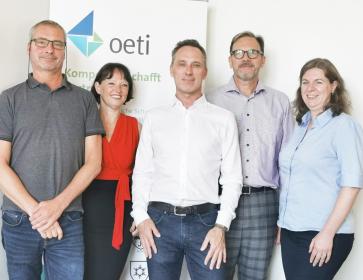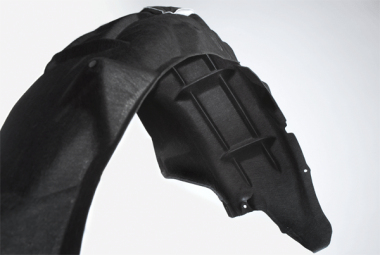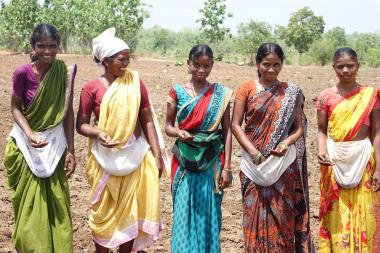Ananas Anam: Manel Echevarria new CEO
Ananas Anam, the provider of innovative low-impact textile solutions made from pineapple leaf waste, announced the appointment of Manel Echevarria as the new CEO. The Spanish executive who had previously worked as CEO for Grupo Excens Sports and Lacoste Iberia, as well as in senior executive roles for Swarovski and MontBlanc, will lead the global business from its European research and production site near Barcelona in Spain.
At the beginning of the year, the company reported the successful closing of a funding round led by HALTRA Group, a family-backed sustainable investment firm in Luxembourg and a group of strategic investors, including the French Compagnie Fruitière, one of the leading producers in Europe and major fruit producer in the Africa-Caribbean-Pacific region, as well the global automotive technology supplier Forvia, and Asahi Kasei Corp, a leading Japanese multinational group working in innovative materials and technologies.
“The appointment of Manel Echevarria as a seasoned CEO with an impressive track-record in the fashion and luxury industry marks another important milestone in setting Ananas Anam up for the next phase of growth” says Dr. Christian Kurtzke, Chairman of Ananas Anam. “Following our investment in the development of an impressive portfolio of next-generation innovative biodegradable, traceable and sustainable materials, and into the setup of its network of strategic partners on the supply and shareholder side, Manel will provide the leadership for driving growth and industrial scale of this pioneering sustainability brand amidst a continued challenging global market environment in fashion, interiors and automotive.”
With Ananas Anam’s core portfolio of innovative materials, the company has successfully collaborated with well-known brands including Nike, Hugo Boss, H&M, Paul Smith and Cat Footwear and sustainable-fashion pioneers like Ecoalf to drive innovation in footwear, as well as with fashion brands like Carolina Herrera in the area of bags and accessories, substituting animal leather in the product design with its vegan, cruelty-free, low-impact and sustainable pineapple leaf fibre based textiles. In July 2023, at the Premiere Vision exhibition in Paris, the company presented the next generation of Piñatex as well as its breakthrough innovation Piñayarn as a biodegradable, traceable and sustainable yarn, and introducing Anam PALF, as a commercially available premium textile grade pineapple leaf fibre, opening up a world of new applications and markets.
“Driving the sustainability transformation in fashion, as well as in interiors and automotive has become a key priority on the agenda of brands and OEMs around the world,” says Manel Echevarria, CEO Ananas Anam. “I am proud to have the opportunity to lead the company in this decisive time, and I am looking forward to collaborating with our exceptional Spanish founder, Dr Carmen Hijosa, and Josep Taylor in Spain, with Bruno de Penanster and his team in the UK, as well as with Chuck Lazaro and his team in the Philippines to turn this amazing sustainability ambition and purpose into a reality.”
Ananas Anam






























